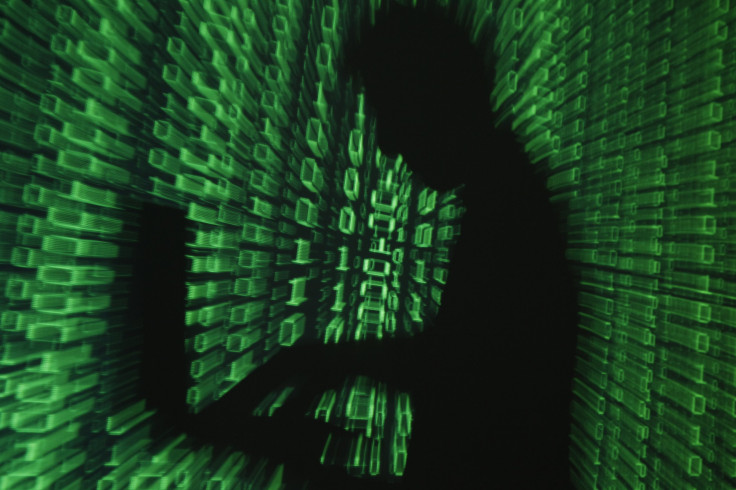The FBI Is Investigating Hacker Group 'Lizard Squad' Over Xbox Live And Playstation Network Attacks

The FBI is investigating a cyberattack that saw both Microsoft and Sony's multiplayer gaming services knocked offline Christmas Day, people familiar with the matter told the Daily Dot. The FBI and the agent assigned to the case, however, declined to comment.
Hacker group Lizard Squad executed a high-profile cyberattack against PSN and Xbox Live, downing both entities for some time and leaving some holiday gamers without Internet-connected play for more than 24 hours. One member of Lizard Squad, who goes by the name "ryanc" online, spoke openly to the media about the attack, sharing such details as methodology and motivation. The FBI noticed, and has now opened an investigation.
"Ryanc" has been identified as Julius Kivimaki. He's reportedly a teenager in Finland, but the sources sharing this information with another media outlet are doing so on the condition of anonymity, which makes effective legal action against this person a longshot. Kivimaki is also claiming protection under the nonbinding International Covenant on Civil and Political Rights. It's a fraught situation though Finnish authorities may pursue legal action of their own.
Lizard Squad knocked Sony's and Microsoft's systems offline by using a denial of service attack, often shortened to DDoS. This means of attack works by overpowering a server with more traffic than it can handle. It's like trying to very quickly shake everyone's hand in a crowded room while more and more people enter. Lizard Squad said the DDoS attack maxed out at 1.2 terabits per second. If that is accurate, it's the largest DDoS ever rendered, three times larger than a similar attack against content delivery company Cloudflare earlier this year.
Kivimaki confirmed he is the same person who spoke to Britain's Sky News in the video report embedded below. In it, he cites one of the group's motivations for the attack as being a means to raise awareness of the poor state of computer security used at such large, brand-name companies. There's also the more base and less empathy-worthy reason of doing it for laughs, a common motivation among hackers.
© Copyright IBTimes 2025. All rights reserved.





















